|
FOS Squared introduction and commenting Organic food producers and farmers are in serious trouble. Their depedence on the organic seeds continues on the same way as their depedence on pesticides and in US on the carcinogenic GMO crops as Bayer (which bought Monsanto) enters the market. World food supply enters a global tragedy period. Organic Food Is Finally Big Food, Large Enough Monsanto Got Into It Organic food is a $120 billion industry, and while that's a tiny fraction of regular food it is large enough that companies like Chipotle and General Mills have tried to gain traction. But a large seed company? That is new. Bayer, secretly now Monsanto (as anti-science activists love to claim in their conspiracy tales), is rolling out organic-certified seeds. This is not as difficult as it sounds. To be certified organic, you only have to not use newer pesticides or genetic modification, anyone who claims they use no pesticides or genetic engineering thinks you are gullible. So GMOs can't be organic, for example, but over 2,000 products have been created using the predecessor of GMOs, Mutagenesis, and all of them can be considered organic even though they were mutated using chemical baths and radiation. You can create huge amounts of nitrogen run-off using older copper sulfate pesticides and be organic, you just can't use safe neonicotinoids. Organic industry trade group have done a terrific job. First, they got their lobbyists and trade reps on a panel inside USDA that defines what "organic" means and keeps them exempted from USDA standards. So the dozens and dozens and dozens of exemptions for synthetic products or additives while still calling yourself organic has led to a lot of products being labeled organic. Non-GMO product has over 60,000 such products even when there is no GMO version. With such a large market in places like the US and Europe, it was only a matter of time before a large company wanted a piece of that pie, and Bayer is getting in. Starting next year you can buy organically produced seeds for tomato, sweet pepper and cucumber. But don't worry, those won't say Monsanto, they will be under the Seminis and De Ruiter brands. Source: Science 2.0 Extrait d'article en Français
Les producteurs d'aliments biologiques et les agriculteurs sont en grande difficulté. Leur dépendance vis-à-vis des semences biologiques se poursuit de la même manière que leur dépendance vis-à-vis des pesticides et aux États-Unis vis-à-vis des cultures OGM cancérigènes lorsque Bayer (qui a acheté Monsanto) entre sur le marché. L'approvisionnement alimentaire mondial entre dans une période de tragédie mondiale.  Organic food is no longer a niche market. Sales of organic food products in the European Union have more than doubled over the last decade - from €16.3 billion in 2008 to €37.4 billion in 2018 - and demand continues to grow. However, many Europeans are still unsure of what "organic" really means. Is it natural? Free of pesticides? Locally grown? Well not exactly. Here are some of the conditions food products must meet in order to be considered organic in the EU: No synthetic fertilisers Natural fertilisers, such as compost and seaweed derivatives (and animal manure), are essential to maintaining fertile and healthy soil. So organic food must be grown with these products, rather than synthetic fertilisers that are used in conventional farming, and which tend to be made of harsher chemical ingredients including nitrogen compounds, phosphorus, and potassium. "Organic farming improves soil structures and quality and enhances biodiversity. Studies have shown that organic farming present 30% more of biodiversity in the fields", explains Elena Panichi, Head of Unit at DG Agriculture and Rural Development (DG AGRI). No synthetic pesticides Farmers need to fight weeds and pests. Organic farmers are only allowed to use naturally-derived pesticides, made from plants, animals, microorganisms, or minerals. "These chemicals are of a natural origin. For instance, essential oils, plant extracts, that are listed in the relevant regulation, and are authorised, following a process that implies a scientific committee to assess the effect on the environment", says Panichi. Organic farms also have techniques such as crop rotation, or planting different crops on the same plot of land, to help to prevent soil-borne diseases. Natural predators, such as ladybugs, can also be an effective method of pest control. However, it is important to remember that just because something is “natural”, it doesn’t automatically make it harmless to either people or the environment. No GMOs (No genetically modified organisms/ingredients/crops/foods/animals) To be certified as “organic”, food cannot contain products made from genetically modified crops. This rule is the same for organic meat and other livestock products. Besides, the animals are to be raised on 100% organic feed. Antibiotics as a last resort The animals we eat, or whose products we consume, need to be kept disease-free. Many conventional farmers routinely use antibiotics for disease prevention. These can end up making their way into the food chain. Excessive antibiotics are not good for people or animals because they can help create superbugs. Antimicrobial resistance is a global concern. Every year, around 33, 000 people die in the EU, due to infections from antibiotic-resistant bacteria. On organic farms, the use of antibiotics is severely restricted. Farmers control disease by limiting the number of animals they raise and using methods such as a healthy diet for their livestock. They are only allowed to use antibiotics when absolutely necessary for an animal's health, in order to avoid suffering, and when natural remedies such as phytotherapeutic and homoeopathic medicines are not effective. "If in conventional [farming], sometimes antibiotics are given as preventive tools, in organics, antibiotics can be given as a last resort if there are no other methods to intervene. Normally, the higher animal welfare standards applied in organics already keep animals in a healthier status that prevent the use of antibiotics", explains Panichi. However, studies have shown that antibiotic use on farms is on the decline. Sales of animal antibiotics in the EU have fallen by more than 34% between 2011 and 2018. Better animal welfare Organic farmers must provide the environmental conditions necessary for animals to express their natural behaviour, such as adequate outdoor space. This is not compulsory in conventional farming. There are additional rules such as the prohibition on caging or mutilation unless absolutely necessary for health reasons. What "organic" doesn't mean locally grown. Europeans are the second largest consumers of organic in the world. Local supply can’t meet demand yet, so a large number of organic products are imported. China, Ukraine, Dominican Republic and Ecuador are the main EU trade partners for organic food imports. "Green" packaging Words like “natural”, “green” or “eco” on labels and packaging do not necessarily mean a product is organic. Healthy There's a wide range of organic product on supermarket shelves, from burgers to pizzas, from cheese to wine. The health implications of consuming excess fats, salt or sugar don't disappear just because a food product is organic. Too much fat, salt and sugar is still bad for you, whether it is organic or not. How can you be sure that the “organic” food you’re buying is actually organic? The most reliable way to know if a product is organic is if it has this official EU logo. The white leaf on a green background means that EU rules on production, processing, handling and distribution, have been followed and that the product contains at least 95% organic ingredients. This logo can only be used on products that have been certified by an authorised control agency or body. Some countries have also created their own organic logos. They are optional and complementary to the EU's leaf. This is the French one, for instance. Words like “natural”, “green” or “eco” on labels and packaging do not necessarily mean a product is organic.New rules coming in 2022 EU rules on organic production will change soon. In 2022, Europe will have legislation with stricter controls. Panichi believes it will bring a "substantial improvement" to the organic sector. "We have to bear in mind that the new organic legislation is not a revolution, but it's an evolution of the organic legislation that started in the past years and has been kept evolving together with the sector". The new legislation will harmonise rules for non-EU and EU producers. It will also simplify procedures for small farms in order to attract new producers, thanks to a new system of group validation. The list of organic foods is expected to grow, with the addition of products such as salt and cork. The possibility of certifying insects as organic is also expected in the rules. What is the future of organics? "Surfaces in Europe are increasing or as well as all over the world, and they are increasing at a fast pace," says Panichi. As part of its Farm To Fork strategy, the EU has committed to increasing organic production, with the goal of 25% of all agricultural land being used for organic farming by 2030. In 2019, it was only around 8%. By 2030, Europe also aims to reduce the use of harmful chemicals and hazardous pesticides by 50%. Buying organic food is still too expensive for many. One of Farm To Fork's main goals is to make healthy, sustainable food more accessible and affordable to all Europeans. A French from 2019 shows that a basket of eight organic fruits and eight organic vegetables is, on average, twice as expensive as a basket of non-organic products. Source: Euronews Pictures: Source for Organic Leaf picture is Euronews and European Commission is for Farm to Fork picture Qu'est-ce qui rend les aliments biologiques « bio »?
Extrait d'article en Français - Pour être certifiés « biologiques », les aliments ne peuvent pas contenir de produits issus de cultures génétiquement modifiées. - Pas de pesticides de synthèse. - L'agriculture biologique améliore la structure et la qualité des sols et renforce la biodiversité. - Des mots comme « naturel », « vert » ou « éco » sur les étiquettes et les emballages ne signifient pas nécessairement qu'un produit est biologique. Increasingly popular with consumers, Washington-grown organic apples and pears thrive in the region’s dry, disease-discouraging climate. Off the tree, however, organic fruits are at the mercy of physiological disorders and fungi that can rot and destroy more than a third of the annual harvest before it gets to the table. This fall, scientists at Washington State University are launching new research to find safe, organic-friendly ways to defeat post-harvest diseases and foodborne illnesses in apples and pears, while extending their storability. Achour Amiri, a Wenatchee-based plant pathologist, is partnering with a team of scientists and students, including food safety and postharvest systems specialists, to test promising technologies using heat and controlled atmosphere in storage. Funded by a four-year, $1.5 million grant from the USDA National Institute of Food and Agriculture’s Organic Agriculture Research and Extension Initiative, the team is also exploring safer fruit coatings and timely sprays to limit infection and preserve organic fruit quality. Heat after harvest Growers currently utilise some organic treatments to keep fungi at bay in the orchard. “Once the fruit is harvested, it’s a different story,” Amiri said. Organic packers lack effective methods to stop postharvest pathogens and physiological disorders. Rots are their number one challenge to packing and storing fruit,” he added. “After five months, they can lose up to 50% of the crop just to rot.” Thermotherapy, or heat treatment, is one alternative. High temperatures shut down and kill microbes, including decay-causing fungi. Thermotherapy has also been shown to keep fruits and other produce fresh longer. “We need to find the optimal temperature to keep fruit quality and kill spores without damaging the fruit,” said Amiri, who will test heat’s effect on major fungal culprits, such as gray mold, bull’s eye rote, speck rot, and blue mold. Apple, pear, and stone fruit varieties may have varied susceptibility to heat, so the team will test different cultivars to learn how to use thermotherapy safely. Dynamic controlled atmosphere
Another approach involves changing the controlled atmosphere in which apples and pears are stored. Traditionally, temperature, humidity, and levels of oxygen and carbon dioxide are steadily maintained to slow the ripening process and keep fruit fresh. Amiri’s team is testing a modified practice called dynamic controlled atmosphere storage, in which oxygen levels are progressively lowered. “We’re hoping to show evidence that this can work in reducing decay and extending fruit quality,” Amiri said. Fruit gives off gasses in storage. Scientists can analyze these exhalations to learn if fruit is under stress, which affects freshness and firmness and can cause other disorders. Amiri seeks to find the limit before stress begins. Better timing and ingredients The team will also test different spray materials made of biological agents, such as beneficial bacteria, and other safer ingredients that may combat rot-causing microbes. “Different pathogens infect fruit at different stages of the production cycle, so timing is key,” said Amiri, who plans to test ingredients through the seasons to choose the most effective approach, as well as define the best harvest window for quality and disease defense. Starting field work next spring, he’ll partner with packers and farmers to ensure discoveries work in the real world. Amiri is excited by the cross-disciplinary nature of the project, which connects experts in pathology with fruit quality, physiology, and food safety. “We want to develop these technologies to cover other issues beyond rots, preserving fruit quality and improving safety,” he said. Source: WSU Insider Photos from: Anita Jankovich Unsplash-Rotten fruits and Organic ekiosk: Live Different, Go Organic-Organic Oranges The some other alternatives to keep fruit safe from fungi-Such case is the Organic Sundried Kymi Figs which are presrved using a bay leaf and they do not contain sulphur chemical compounds for preservation. If you would like to taste these delicious Kymi Figs follow the link on the Organic ekiosk: Live different, Go Organic |
Archives
January 2023
Categories
All
|
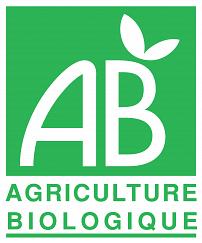
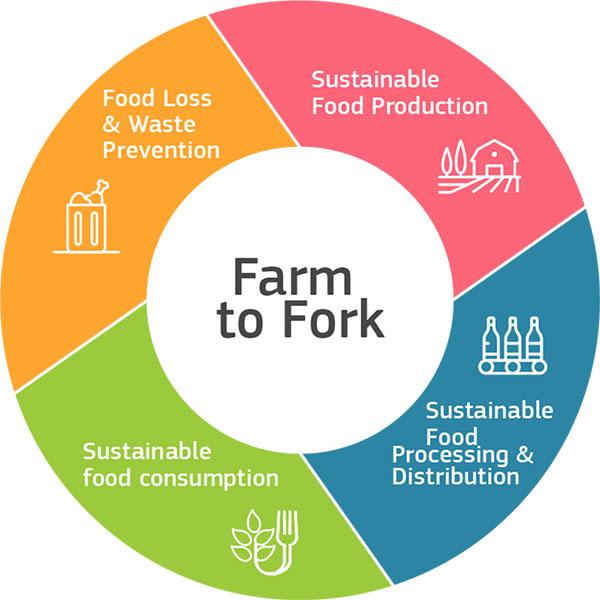
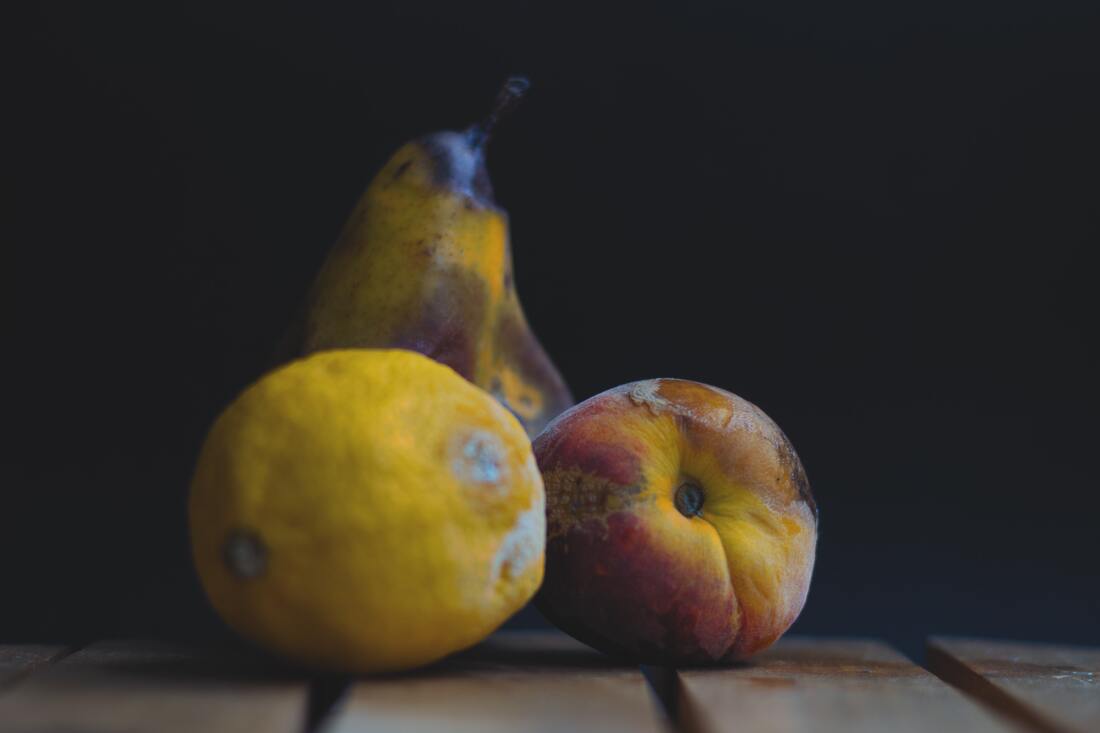
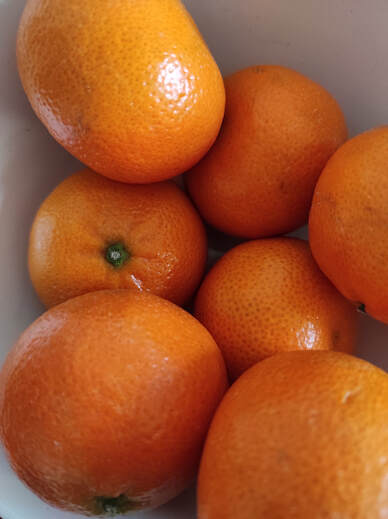
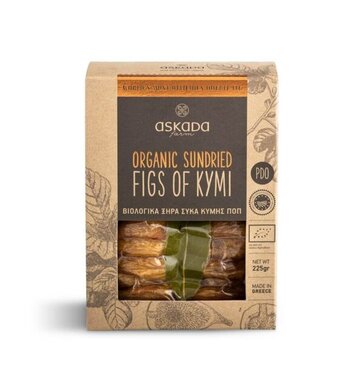
 RSS Feed
RSS Feed
